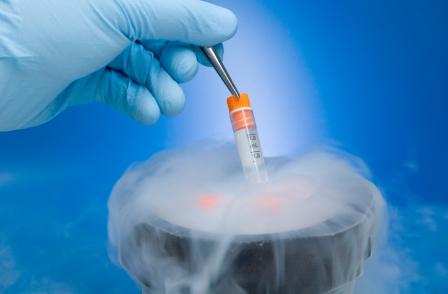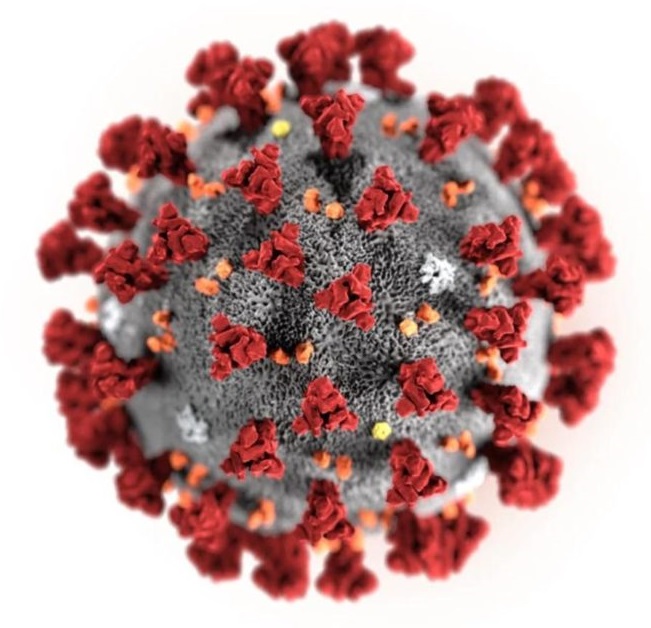VetStem Biopharma Centennial Club
As the first company in the United States to provide adipose-derived stem cell processing services to veterinarians and their patients, VetStem pioneered the use of regenerative stem cells in veterinary medicine. Since 2003, VetStem has trained nearly 5,000 veterinarians across the United States and Canada to perform VetStem Cell Therapy. We have processed fat samples for over 14,000 patients and 30 different species of animals.
Twelve of our VetStem trained veterinarians have provided VetStem services for over 100 of their patients. The “Centennial Club,” as we like to call them, are among the most experienced adipose-derived stem cell providers in the country. Seven of the Centennial Club members are small animal veterinarians while the other five are equine veterinarians. The Centennial Club members are:

Small Animal
Dr. Kim Carlson of North Peninsula Veterinary Surgical Group
Dr. Jamie Gaynor of Peak Performance Veterinary Group
Dr. Jeff Christiansen of Superior Veterinary Surgical Solutions
Dr. Allyson Berent of Animal Medical Center of New York
Dr. Adam Gassel of Blue Pearl Pet Hospital of Irvine
Dr. Keith Clement of Burnt Hills Veterinary Hospital
Dr. Tim McCarthy formerly of Cascade Veterinary Referral Center
Equine
Dr. Ross Rich of Regenerative Therapy Consulting
Dr. Martin Gardner of Western Performance Equine
Dr. John McCarroll of Equine Medical Associates
Dr. Bill Hay of Tryon Equine Hospital
Dr. Scott Reiners of Mountain View Equine Hospital
Each of the above veterinarians has made VetStem Cell Therapy an integral part of their veterinary practice. They are all experienced in case selection and have seen many positive outcomes. We think it’s worth mentioning that two of the above veterinarians have reached even bigger milestones. Dr. Martin Gardner has surpassed 500 stem cell cases and Dr. John McCarroll has over 250 stem cell cases. Additionally, there are four more veterinarians who are approaching 100 stem cell cases.
Stem cells are regenerative cells that can differentiate into many tissue types. In both small animals and horses, stem cell therapy is most often used to treat orthopedic conditions such as osteoarthritis and injured tendons and ligaments. VetStem Cell Therapy has shown to reduce pain and lameness and improve quality of life and return to work for horses. If you would like to locate a VetStem provider near you, please contact us.



